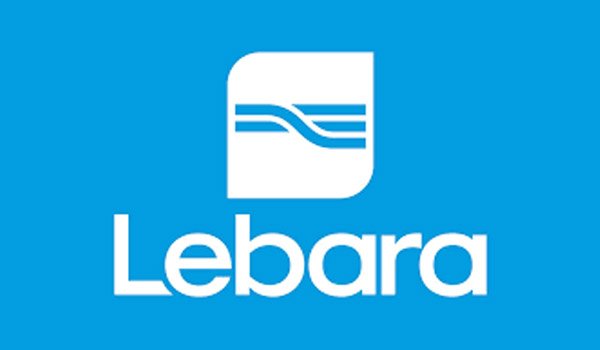The privately owned group targets the thousands of people who arrive in London, Amsterdam and other European cities from South Asia, West Africa and eastern Europe each year by putting itself right in the path of its customers.
"We are in a niche market targeting migrants," said founder and chairman Yoganathan Ratheesan, who came to Britain from Sri Lanka aged 15. "We saw an opportunity globally to create a brand where migrants feel 'that brand is for me'."
Founded in 2001, Lebara has 5 million active customers and its turnover was more than 600 million euros ($674 million) in 2014, he said.
Alongside SIM cards the London-based firm sells packages of international voice calls, texts and data using capacity supplied by its partner mobile networks, such as Vodafone in Britain.
It's a highly competitive market, with the networks and rivals like Lycamobile selling similar packages.
To branch out, Ratheesan wants to transform Lebara into a digital provider of services to migrants.
"They (migrants) need financial services and then once they settle down they want home entertainment, back-home content. Finally travel, being migrants they travel a lot," he said.
The first step was to change the relationship with the group's sales agents to a revenue-sharing model rather than mainly incentivising the sale of SIM cards and initial top-ups.
Gross customer additions have fallen but the upside has been longer, more profitable customer relationships, Ratheesan said.
"Churn is down in all markets," he said. "I could look myself in the mirror and ask why I didn't do this years ago."
TAMIL TV
The plan has already had an impact on the bottom-line, Ratheesan said, with all markets profitable since the beginning of the year.
Digital terminals enable its retailers to sell services like Lebara Play, a kind of Netflix for migrants showing West African French movies or Tamil channels from India, launched last year.
"A majority of customers do not use a credit card, it's a largely cash driven economy," he said. "If there's no mechanism for them to pay, then how can you digitalise that market," Ratheesan said.
Later this year Lebara plans to handle cash transfers for its customers too.
The company's offices in the City of London, where 25 languages are spoken, look more like a start-up than an established telecoms group, with "living room" areas where new TV products are tested.
Remittance services will come in the summer, Ratheesan said, helping Lebara become a brand that stays with migrants long after they've become established in their new homes.
"Twenty years ago or even longer, people wanted to be known as integrated," he said. "Today it's completely the opposite, people are happy and confident to be themselves and celebrate themselves in their own way."
(economynext.com)






